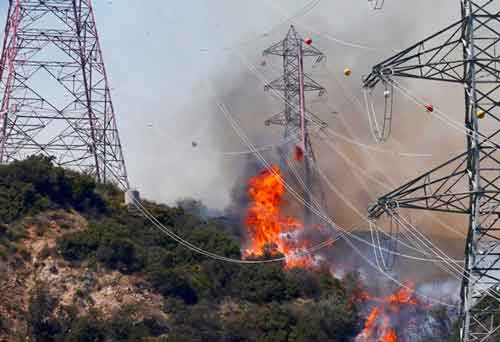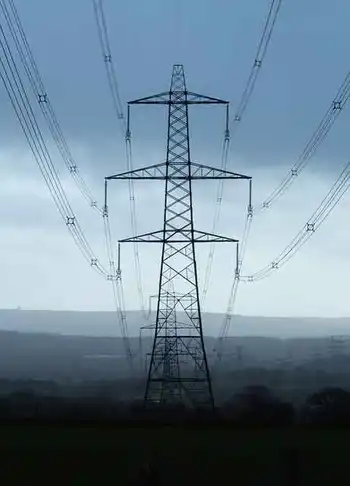CIBC Report suggests prices will double with coal plant closures
By Canada News Wire
High Voltage Maintenance Training Online
Our customized live online or in‑person group training can be delivered to your staff at your location.

- Live Online
- 12 hours Instructor-led
- Group Training Available
Since making the 2003 election campaign promise to close the coal plants, the Independent Electricity System Operator (IESO) and the OPA have continued to raise concerns about the significant risks to electricity reliability and price. Now another independent review has reached the same conclusion.
"Successive IESO and OPA documents and recent speeches show these risks have not gone away but are actually worse," says Don MacKinnon, President of the PWU.
Key risks include: uncertainties about load growth forecasts and what realistic contributions can be expected from conservation and demand management (CDM); how volatile natural gas prices will affect electricity prices; the need for more gas pipeline infrastructure to service new gas-fuelled generators; the costs of redesigning and building new transmission and distribution infrastructure to integrate natural gas and renewable generation from wind farms; and, the need to have a back-up plan if replacement generation is not in place.
"Yet the government continues to ignore this critical information and tells the OPA to make it work in spite of these risks. They put the OPA in an ideological straight-jacket," added MacKinnon. "There's a low probability replacement generation will be on time. Consumers will also pay a high premium price given the rush to have it operating at a time when Ontario must replace thousands of megawatts of ageing generation and major transmission infrastructure."
Ontario needs a better energy plan to ensure consumers and businesses will continue to have secure, safe, reliable, and affordable electricity as well as a better environment. It starts with a diverse energy base that includes nuclear, hydroelectric, and clean coal generation. With this base in place, prudent investments can then be made in CDM, renewable energy and a "smart natural gas" strategy that mitigate the negative impacts on consumers.
"While the IESO is studying the potential impact of coal plant closures, the Government is blindly moving forward with a regulation that closes these plants by 2014," continued MacKinnon. "Our neighbour, New York gets it - they've identified increased reliance on natural gas generation as one of the biggest problems facing their electricity system."
World-wide, more than a 1000 new coal stations will be built by 2030, driven by coal's availability and low price. Here in Canada, Alberta and Saskatchewan have plans to build new coal stations. As well, the federal government and provinces such as Alberta are sponsoring Canada's own Clean Coal Technology Roadmap which will do a lot more to reduce smog-causing and global greenhouse gas emissions than Ontario's decision to ignore the problem.
"As a first step, Ontario should retrofit the province's coal stations with proven, clean coal technologies to reduce smog-causing emissions and upgrade equipment and expedite biomass co-firing to reduce greenhouse gases," suggests MacKinnon. "We also need to look to the future and take advantage of these existing sites, Canada's vast, secure coal supplies and new R & D advances, to build the next generation of zero emission coal-fuelled stations."
Germany and Denmark, in spite of significant investments in renewable energy, remain committed to coal and other fuels, for their electricity supplies. As a result, they've invested in clean coal technologies and are using more biomass co-firing to reduce greenhouse gas emissions. Test burns with wheat shorts undertaken by Ontario Power Generation at the Nanticoke Station show that these approaches work.
"Ontario needs to grab hold of these opportunities and work with our federal government to become a world leader in clean coal technology. This is the best way to ensure Ontarians continue to have affordable and reliable electricity and also achieve energy security necessary to maintain economic competitiveness and our high standard of living," concludes MacKinnon.











